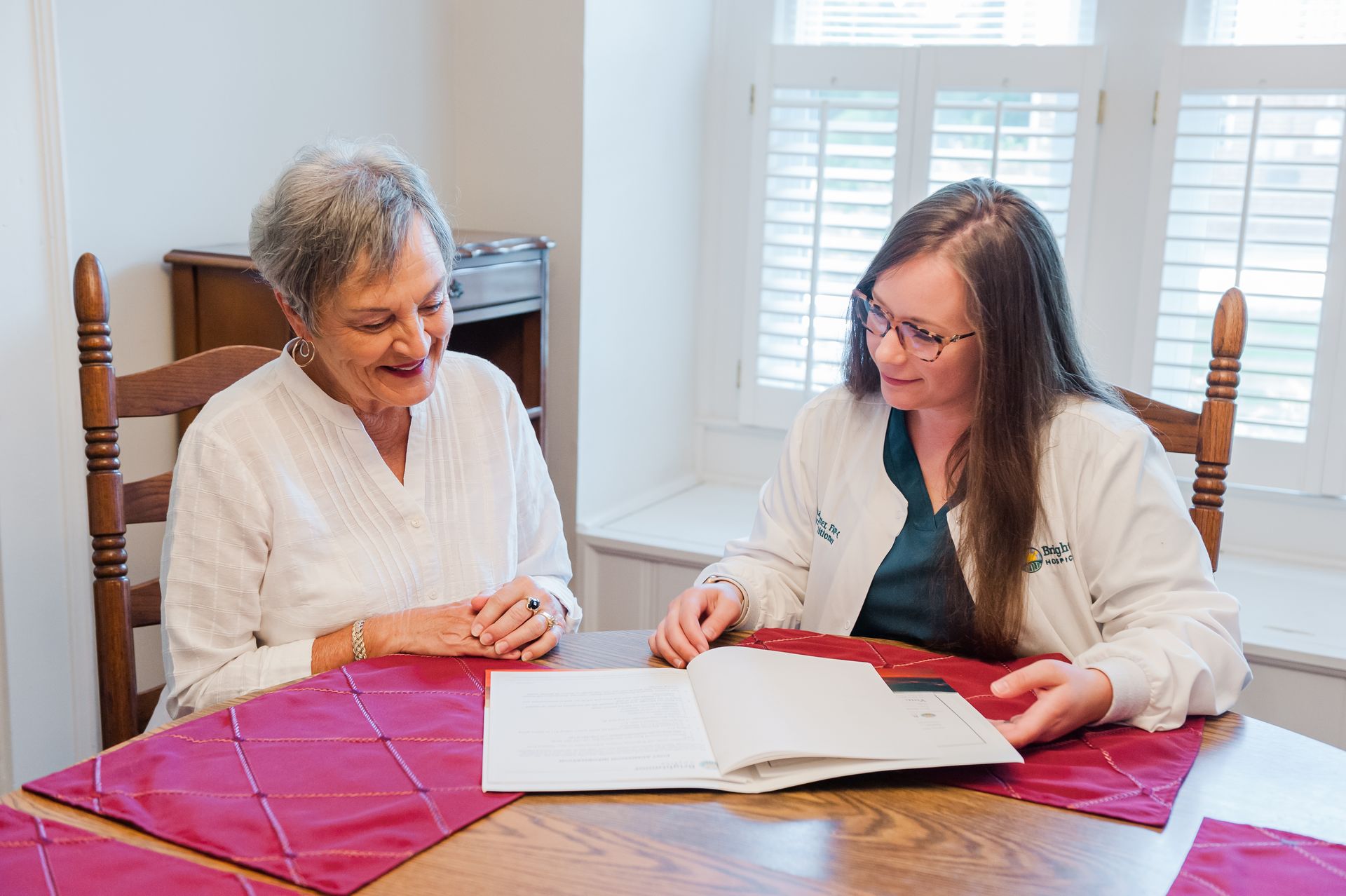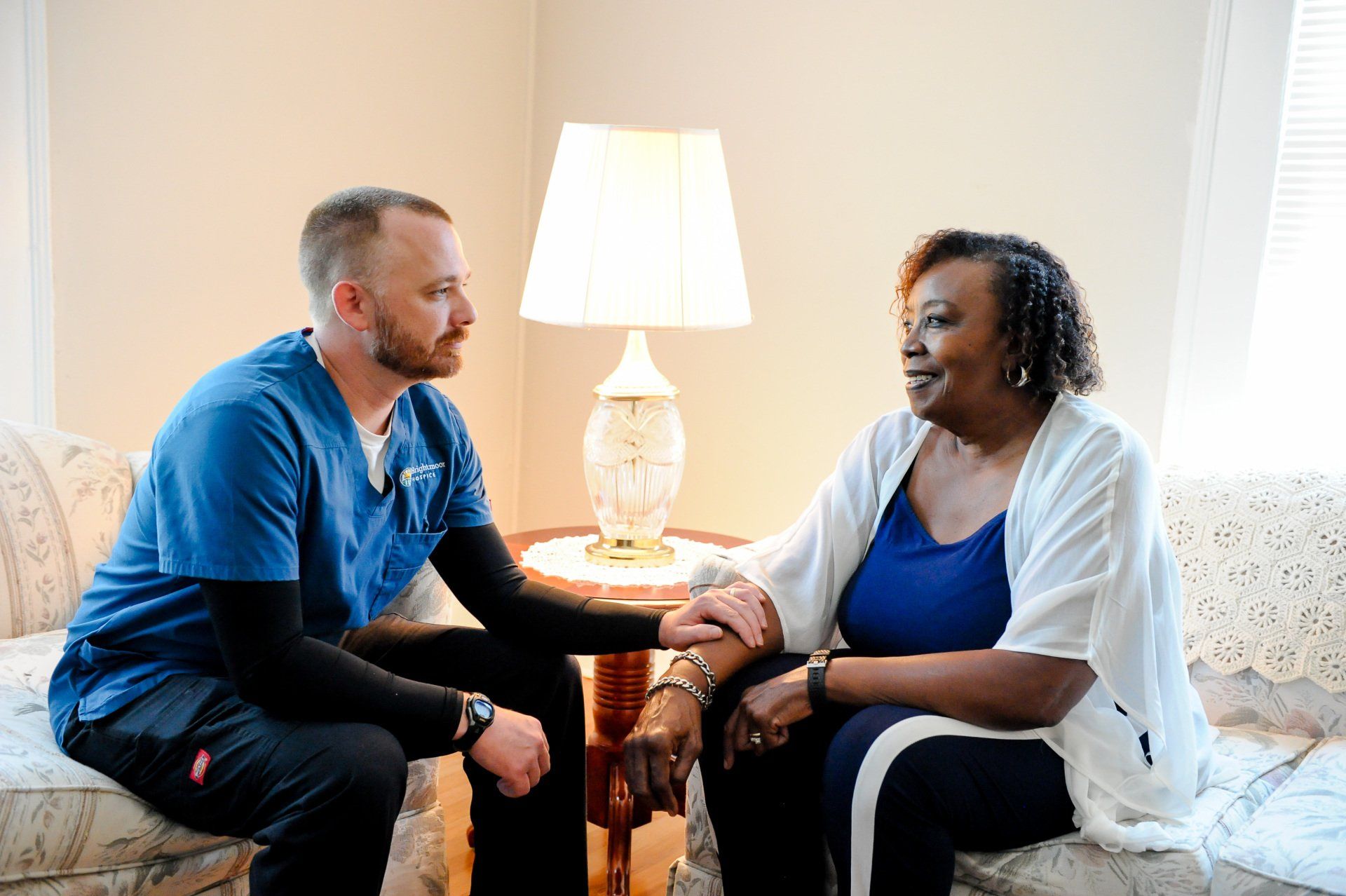When to Consider Hospice Care
Discussing hospice care can feel daunting, but it’s important to understand that it doesn’t mean giving up hope. In fact, starting hospice care earlier often leads to better quality of life and sometimes even longer life. Here’s a simple guide on when and why to consider hospice.
What Is Hospice Care?
Hospice care is about providing compassionate support for people facing a life-limiting illness. It focuses on improving comfort and quality of life rather than curing the illness. Knowing when to consider hospice can be tricky, but certain signs can help guide the decision.
Why Early Hospice Care Matters
- Personalized Attention: Early referral allows the hospice team to better understand and address the patient’s needs and preferences.
- Enhanced Comfort: Starting hospice care early can improve pain and symptom management, making the patient’s experience more comfortable.
- Home-Based Care: Patients in hospice are more likely to stay at home, avoiding the stress of hospital settings.
- Family Support: Families often find that early hospice care provides valuable support and guidance, making the journey easier.
Signs That It Might Be Time for Hospice
- Significant Weight Loss: A noticeable decrease in appetite and progressive weight loss.
- Frequent Infections or Falls: Regular occurrences of infections or falls.
- Decline Despite Treatment: Worsening condition despite ongoing medical treatments.
- Frequent Hospital Visits: Increased hospitalizations or emergency room visits.
- Increased Weakness: Growing weakness and fatigue.
- Worsening Symptoms: Escalation in pain, nausea, anxiety, or shortness of breath.
- Inability to Recover: Difficulty bouncing back from acute episodes.
- Decreased Function: Greater need for help with daily activities like walking, bathing, dressing, and eating.
- Reduced Alertness: Notable decline in alertness, emotional withdrawal, and trouble understanding.
- Medication Issues: Frequent changes or increased dosages in medications for symptom management.
If you notice these signs in a loved one, it may be time to consider hospice care. Consult with your primary doctor or a hospice team member for more information and guidance on this important decision.





